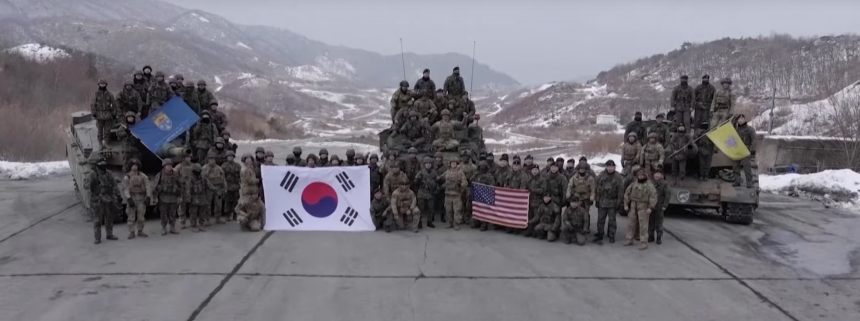The division of Korea between North Korea (Democratic People’s Republic of Korea) and South Korea (Republic of Korea) lies at the heart of a longstanding conflict. Stemming from historical divisions, both nations claim sole legitimacy over the entire Korean Peninsula, resulting in an ongoing and complex geopolitical struggle. Learn about the ideological, historical, and geopolitical factors behind this conflict, including the Korean War’s aftermath and the ideological differences between the communist North and capitalist South. Explore the challenges, tensions, and efforts for reconciliation in this enduring Korean division.
1. Historical Background:
- Japanese Colonial Rule: Korea was under Japanese rule from 1910 to 1945. After World War II, Japan’s defeat led to the end of its control over Korea.
- Division: The Korean Peninsula was divided along the 38th parallel by the Allies.
2. Ideological Divide:
- Communist vs. Capitalist Systems: The Korean War (1950-1953) erupted due to ideological differences between the communist North, led by Kim Il Sung, and the capitalist South, led by Syngman Rhee.
3. Geopolitical Tensions:
- Military Presence: The Korean Peninsula remains one of the most heavily militarized zones globally, with a significant presence of troops from both sides.
- Nuclear Ambitions: North Korea’s pursuit of nuclear weapons and long-range missiles has heightened tensions in the region and with the international community.
4. Ideological Differences:
- Socioeconomic Systems: North Korea operates as a highly centralized communist state with a dynastic leadership, while South Korea is a democratic republic with a capitalist economy.
- Isolation vs. Global Integration: North Korea’s self-imposed isolation contrasts with South Korea’s global economic integration.
5. Attempts at Reconciliation:
- Inter-Korean Dialogues: Efforts for reconciliation, peace talks, and family reunions have occurred sporadically over the years, including summits between the leaders of North and South Korea.
- Challenges: Despite efforts, tensions persist due to ideological differences, military posturing, and the lack of a formal peace treaty to end the Korean War officially.

The situation between North Korea and South Korea remains complex and sensitive, involving geopolitical interests, historical animosities, and contrasting ideologies, making the path to lasting peace and reunification challenging










19wet8
19wet8